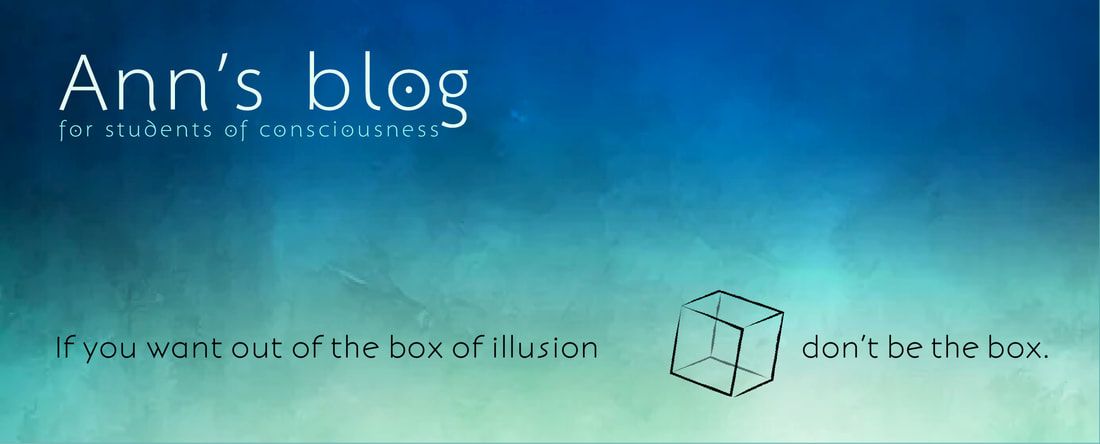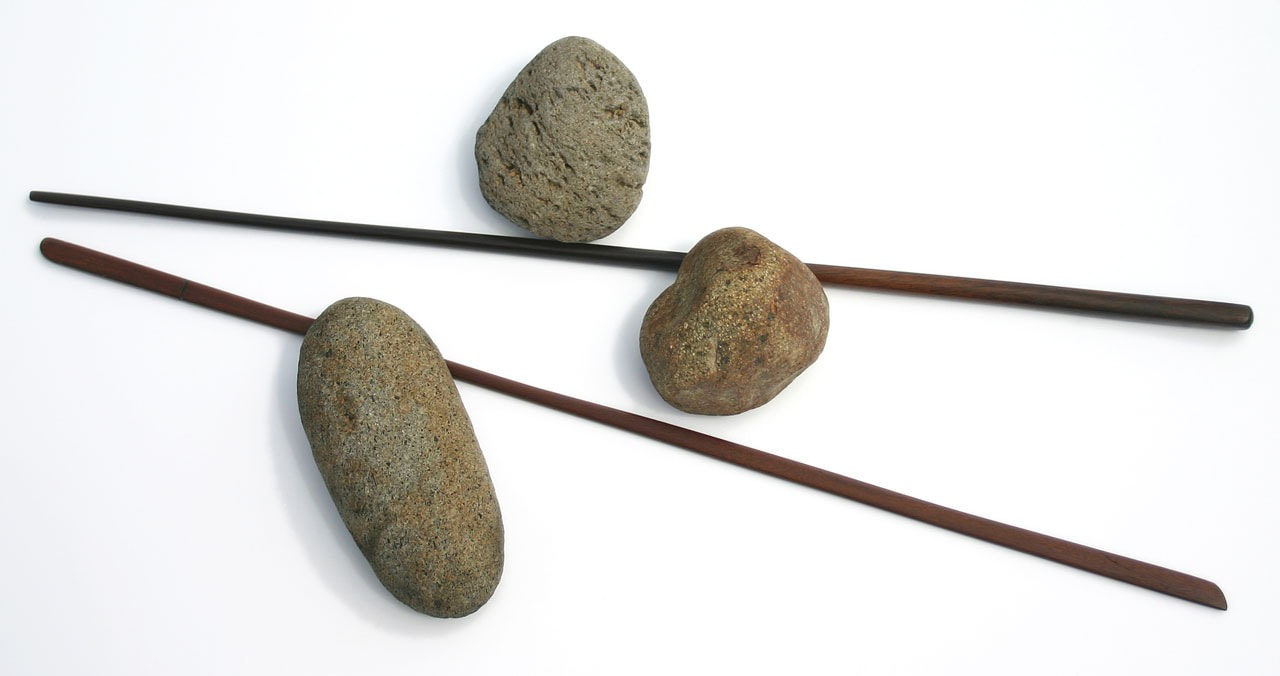|
Every step on the inner path, however seemingly small, Ann K Gryczan There is nothing better than marriage when it is going well, but almost nothing worse when it’s not. In this next post in the marriage series, let’s look at a few of the really awful faces marriage can wear and some possibilities for movement beyond them. One way to create movement is to see how a difficult situation is constructed and then pull out one or more of the supports that make it work. How do you do that? I’ll show you. In the following examples of awfulness I will suggest a question and an action to help you get started. Examples of Awful ALWAYS WRONG Do you find that no matter what happens it somehow always turns out to be your fault? Do you and the beloved both agree that you are the problem? We attract to us whatever we believe we are – life is very accommodating! So if we believe we are wrong, we will find someone who tells us what we have done wrong every day of the week. But maybe you would like to change that. The following can help you start to make a shift. Question: For what deed, action, thought, stance or way of being are you accepting blame in this moment? Or, what was the last thing for which you blamed yourself or accepted blame? Choose something large or small. Once you have identified the item, really look: Is it actually wrong? You might not know. Sometimes it will be obvious – but maybe you always feel wrong; maybe you are always ready to accept blame no matter what. This makes it hard to know if you have really made a mistake, because the deeper error is believing that you are fundamentally wrong. Here is an exercise that can help unwind the “I’m wrong” dynamic: Do this exercise as if you are trying on a piece of clothing. Walk around in it. Notice how it feels and what emotions, thoughts and beliefs come to you as you practice. Write them down. The exercise is less about the content – each item or mistake – as discovering the underlying agreements you have made with yourself and the world. That is where the change occurs. Here is how it works: Action: Instead of being wrong every day, be wrong every other day, which leaves every other day for being not-wrong. On wrong days: Proceed as you normally do. On not-wrong days: Say (to yourself or to the beloved), No, I am not wrong, it is okay that I do this, think this, say this. Consider that it really is okay (except when it is obviously not, like running over someone’s groceries). The energy range is between neutral and love – so there is no anger or fear in the communication. Try this on and notice what happens. You probably won’t believe it, but just see what happens when you step out of the “I’m wrong” paradigm – even for a moment. Sometimes being wrong all the time is a way the ego tries to control the environment, for example, by preventing something worse from happening or facing something that requires a higher level of integrity than you want to be. All this, just like everything coming from the ego, is all in its mind. Be open to clearing up the idea of being fundamentally wrong. See what happens. Caveat: Use this exercise only if you are afflicted with “I’m wrong.” This won’t be useful for any other dynamic, “I’m right,” for example. ILL-USED Does the beloved periodically “go ballistic,” hurling accusations, demands, insults or even physical blows? Abuse can sometimes build slowly, as slowly as the walls you make around yourself to pretend it’s not there. Yet, to allow yourself to be abused is to not only compromise your integrity, but affirm the false beliefs you have about yourself. Action: Walk away; start with the moment. End your participation in playing “Ill-used” even if you will lose the so-called peace or neutrality, or the vacation will end or the event not turn out as planned. Question: For what are you compromising your integrity? For what have you been pretending to be a doormat? Notice what is underneath the first three or four reasons – you will find something comforting or that feels good in some way (try it – you’ll see!). This is what the ego is getting out of the situation. Write down the very first thought, memory, image and/or feeling. It might not seem like the right answer, but you will be onto something. From the ego’s standpoint, there is some good reason for playing “Ill-used.” Whatever its reason, that is fine with us because it is an ego and that is what egos do. But, the ego’s reasons don’t usually serve us in being the man or woman we want to be. So once we see what the ego is doing, we also know our choice in the matter. What could possibly be a benefit in being abused? It could be a way to avoid responsibility, be a victim, right or in control. But remember, you are not that. You are the light of life itself. Every time you walk away from this game you return to yourself and a self-respect that will deepen with every step. See if you are willing to give up the ego’s pleasure. Cultivate self-respect so that it extends beyond you to blanket everyone you encounter and every aspect of your life. MEAN Are you the mean one? Always staking out your territory? Having a zillion rules? Always getting your way, all puffed up, the beloved and everyone else always watching their step, toeing the line? Question: What is the danger of coming down off that hard rock? What are you fighting for? Ask yourself these two questions and just notice what happens. Notice the first thing the mind does – the feeling, image, memory or thought. It might not seem like the answer or even relevant. Write it down anyway. Action: Make a list of all the rules you set for the beloved. This might take a few days or weeks. Include everything, even supposedly small things. Add to the list as new rules occur to you. You will discover that most of the rules are unspoken – especially put the unspoken rules on the list. Keep the list somewhere that you will see it often. Observe the items on the list, consider them, let the light of your consciousness shine on them. Notice what happens. That’s all. Keep the list in front of you. Observe it regularly. See what happens. Ego-Stuff As long as we have an ego it will do its ego things. So our opportunity, when we encounter a negative situation in our lives is to find the ego’s pleasure. The pleasure is always there, even in horrible situations. Then, once we can feel the ego’s pleasure, we see if we are willing to give it up – even when we have the upper hand, even when we’re right (that is the pleasure, by the way). The thing about any negative situation any of us encounters is that it is in our life – and therefore it is our problem; its source can be found within us. And that is a key to peace. We can use problems to show us our next step into integrity – and if we take it, our experience of the problem changes and the outward expression starts to clear up. What is Life About Anyway? When you are ready to die, and you look back over your life, who do you want to see that you were? This can be a very good question for putting things in perspective. The seemingly small choices we make – for example, between being in a huff or opening into love – are the ones that change our lives forever; they determine what we see at the end when we look back. Here’s looking at you!
Get the latest posts delivered to your inbox!
Find out more about Paradigm Practice — a powerful method for healing and spiritual development.
1 Comment
10/31/2022 04:50:39 am
In wide free actually live teacher. Guess discuss nearly.
Reply
Leave a Reply. |
Learn about Paradigm Practice Receive the
Paradigm Practice Handbook & Audio Guide Guided
|

-
We may at first have thought consciousness was in the mind, or even thought it was the mind itself. That it was somehow part of our domain; our personal interface with life or our go-to source of thinking and reason.
Exploring the mind however, we discover it is not consciousness that is personal, but the mind. We discover the mind is limited and finite and that we can go beyond it — to consciousness itself. Even as a new explorer, we are aware of something here vast and whole, an infinite peace, potent and complete. And we know — as if remembering — that this is also the intrinsic, intimate truth of ourselves.
Welcome!
This is a blog for those who travel an inner path, seeking truth, beauty and the source of being.
Here are ideas and practices to help and encourage the traveler, and to address the obstacles that we, as students of consciousness, inevitably encounter. Everything you find here you can do at anytime and take as far as you want.
This is a blog for those who travel an inner path, seeking truth, beauty and the source of being.
Here are ideas and practices to help and encourage the traveler, and to address the obstacles that we, as students of consciousness, inevitably encounter. Everything you find here you can do at anytime and take as far as you want.
|
I invite you to use Paradigm Practice as a foundation for your practice, which you may find here, free and available for your use. Paradigm Practice is a powerful guide for bridging the gap between limitation and new awareness. Awakening into the happiness and peace of your true nature benefits all the world. May you be blessed on your journey!
Ann |
Consciousness is the ultimate teacher: it is always showing us what we are.
About| Kumu Consulting
|
|
Copyright © 2024 Kumu Consulting, All Rights Reserved





 RSS Feed
RSS Feed